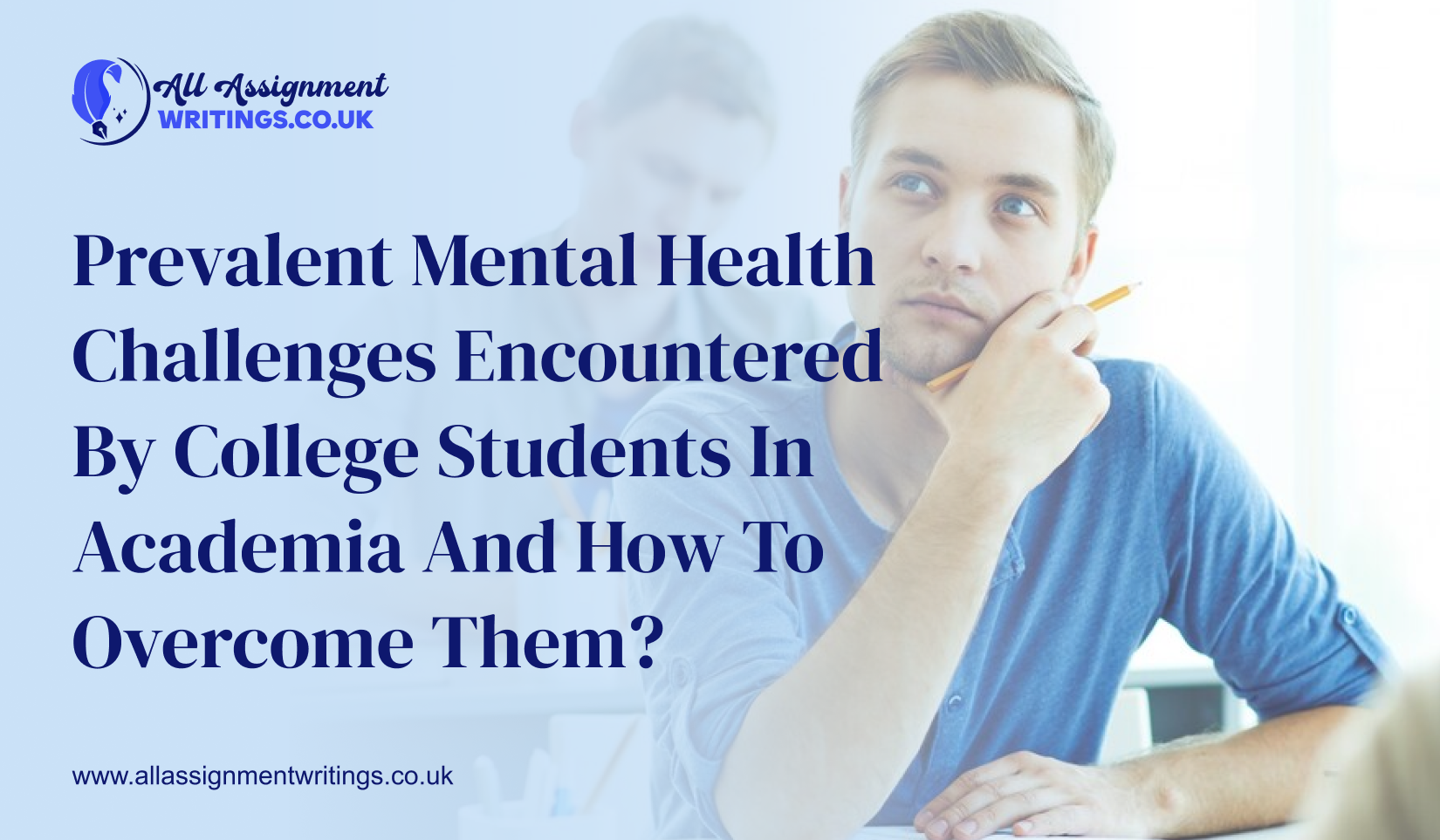Many college students have mental health challenges, but people don’t talk about where they are. First, we need to figure out why so many students have mental health challenges. We all know that college time is really hard and the most difficult time because students have to deal with a bunch of problems all at once. The combination of:
- School stuff is hard.
- Leaving home is scary.
- Meeting new people can be awkward.
- Parents want you to do well.
- Being independent is tough.
- There’s pressure to do better than others.
- Money is tight.
These Elements Can Bring About Mental Health Challenges During The College Years,
Researchers say that 60% of college students feel anxious and stressed, which can cause other mental health problems. But where we are, people don’t think mental health is a big deal. They don’t see why it’s important to take care of your mind. However, your brain is the center for learning and growing. Hence we need to take care of it and understand mental health issues before we can resolve them.
1. Lack of Friendships and Feelings of Loneliness:
Moving away from home and living somewhere new can be tough and make you feel lonely. Students might not have enough time to hang out with friends because they’re busy with classes, jobs, and other stuff. Moreover, Some students might find it hard to make friends because they’re shy or quiet. Also, if students come from different backgrounds or speak different languages, it can be hard for them to connect. Lastly, spending too much time on phones and social media can make friendships feel fake and not real.
2. Financial Struggles:
Because students find it difficult to pay for their costs with the little money they have, they sometimes have financial difficulties. Due to tuition, books, and other educational expenses, attending a private university or a college abroad can be very costly. They may have to spend a lot of money on rent and other living expenses. Buying food might sometimes be difficult. Sometimes, financial assistance from family members or a lack of jobs can make it even more difficult for students to pay for education. Additionally, the cost of driving a car, purchasing petrol, or taking public transportation can all add up.
3. Academic Pressure:
College students feel a lot of pressure to meet certain academic standards set by society, family, friends, and themselves. They’re expected to get good grades/ GPA, find jobs or internships, and do well in extracurricular activities. They think it’s really important to graduate with high grades as it’ll help them get good jobs later on. Also, There’s a ton of competition at college, and students often compare themselves to their classmates. The amount of work they have to do, like readings, projects, tests, and homework, can be really hard to handle. It’s tough for them to balance their schoolwork and personal lives alongside them.
What are the Symptoms in Students Dealing with Mental Health Challenges?
A list of symptoms linked to mental health conditions like depression and anxiety includes:
- Not wanting to talk to people.
- Feeling sad or angry a lot.
- Not sleeping or eating right.
- Have trouble focusing.
- Feeling stressed or annoyed.
- Getting sick more often.
How to Break the Stigmatization of Mental Health Challenges and Openly Talk About Them?
- Talk more and start the mental health discussions.
- Make sure everyone knows about mental health.
- Make suicide prevention and mental health promotion all over the campus.
- Involve educators, staff, and students in the creation and execution of mental health services, supports, resources, and campaigns.
- Faculty and staff should be forced to complete annual trainings that include mental health or suicide prevention.
REMEDIES:
Even if it’s just a little thing, it’s good to have something to look forward to every day. Consequently, This can help you deal with stress better. Also, doing more exercise can make you feel less sad and stressed, so it’s a good idea to move. Also, Make a schedule that lets you do both school stuff and fun things. Also, don’t expect too much from yourself academically, and don’t set your expectations too high. Try not to spend too much time on phones, especially on social media. Instead, use that time to go outside and take a walk. If you’re worried about money, talk about it with someone because admitting you’re stressed can make you feel better. Lastly, don’t forget to get enough sleep! It’s really important for your health and how you feel.
How do Mental Health Challenges Affect the Overall Environment of College?
Students who are dealing with mental health challenges may find it difficult to focus, engage in class, or finish tasks on time. Consequently, This may result in poorer academic performance, which could have an impact on the student as well as devalue the college’s overall academic standards. Moreover, Mental health conditions may make students less active in extracurricular activities, and social gatherings then which may lead to a boring campus atmosphere and fewer chances for students to grow as leaders and social workers. Students who struggle with mental health issues may act out emotionally or show signs of disinterest in the classroom but don’t have to worry because My Assignment Help UK is here to grab your overall stress for themselves. Lastly, this may affect the student’s peers’ ability to learn, which could affect the climate of the classroom as a whole.
In Conclusion,
Mental health challenges among college students are really common so the college must address these challenges and take care of their students!








